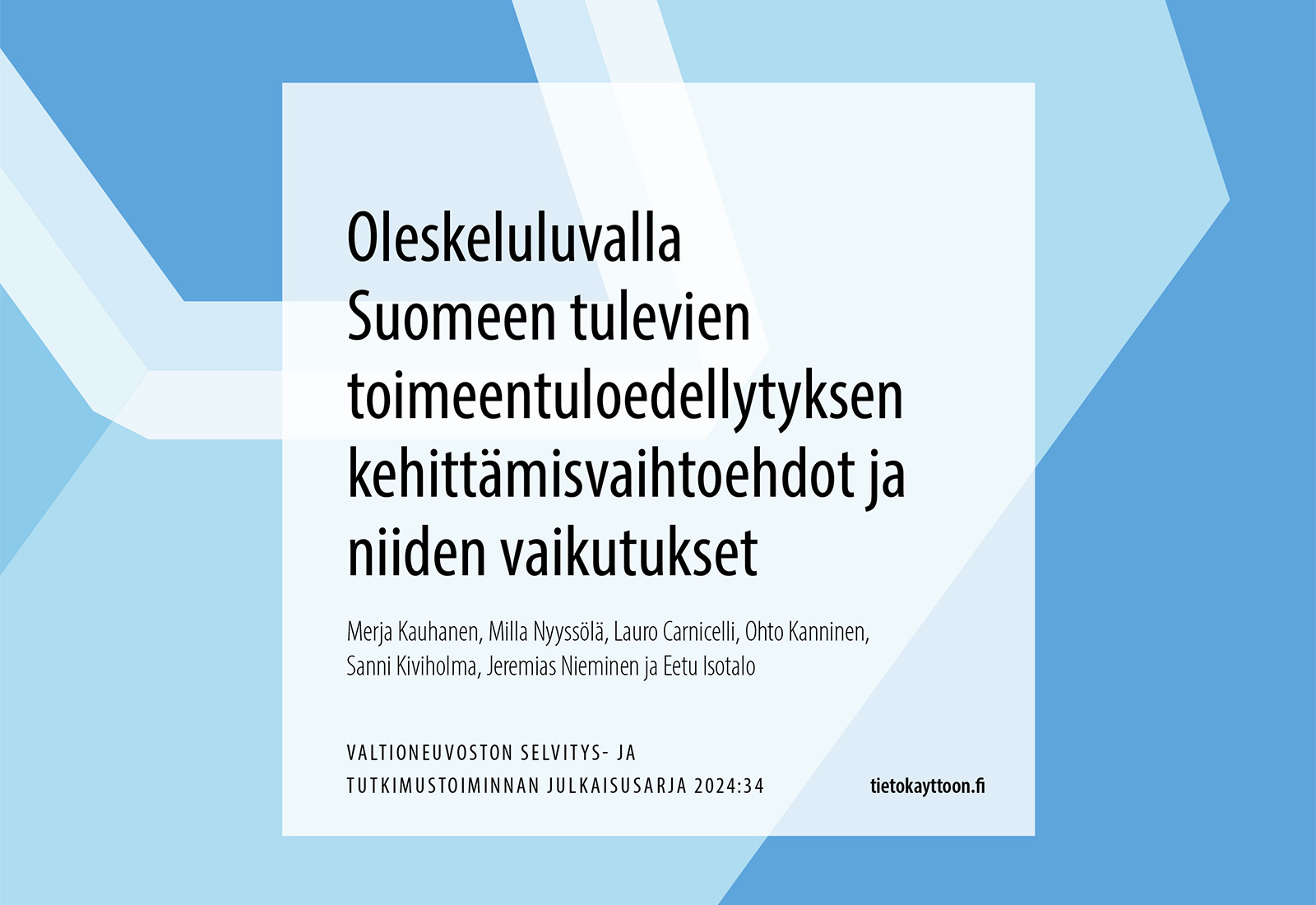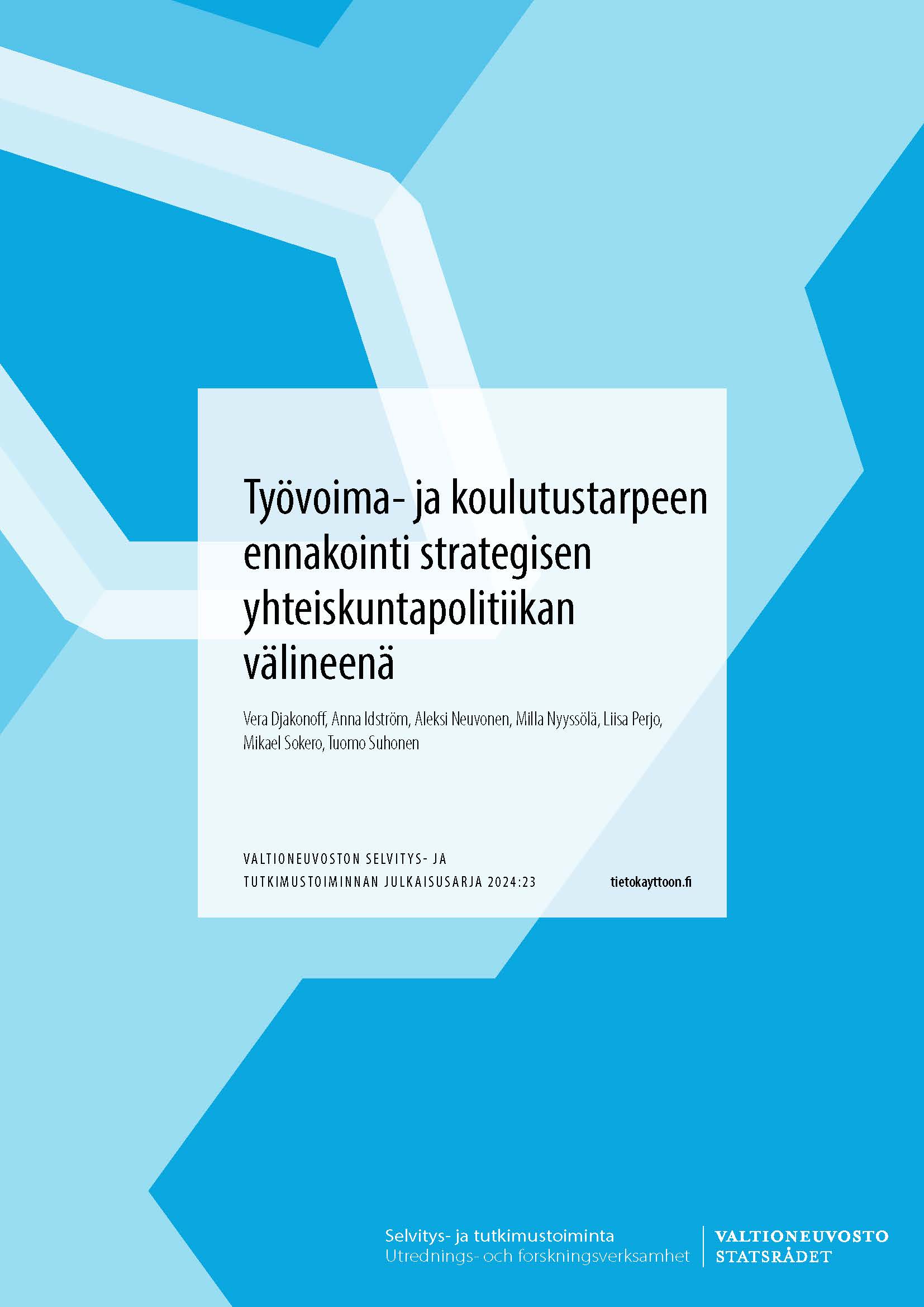Assessment of short-term cost competitiveness
Abstract
The study examined indicators of short-term cost competitiveness, its importance to economic growth, and its ability to predict economic success. The nominal unit labour cost index is a theoretically justified indicator: it is the change in average wages relative to change in productivity. The indicator can be distorted by divergent development of export prices; this can be corrected by the terms of trade adjustment. All price changes are taken into account in the real unit labour cost. All unit labour cost indicators normally provide a fairly similar view of the development of cost competitiveness. This not being the case suggests that price development or structural development in Finland is divergent. Success of the national economy is affected by cost competitiveness, but the impact is difficult to measure. We investigated the links between economic success and competitiveness indicators using Granger causal relationships and VAR models. Indicators are better at predicting GDP when it is adjusted, but better at predicting exports when they are unadjusted. Among the indicator components, productivity had greater predictive power than compensation of employees. The forecasting power of VAR models was less than desired: the models are mostly suited for short-term forecasting. The best VAR model performed significantly better in short-term forecasts than a simple autoregressive model.
Publication Information
Huovari, J., Keskinen, P., Kiema, I., Lähdemäki, S., & Villanen, J. (2020), Lyhyen aikavälin kilpailukyvyn eteenpäin katsova arviointi, Publications of the Government´s analysis, assessment and research activities 2020:53.
- ISSN: 2342-6799 (Online)
- ISBN: 978-952-383-069-1 (Online)

- Ilkka Kiema
- Research Leader
- Tel. +358-40 940 2287
- ilkka.kiema@labore.fi
- Profile


